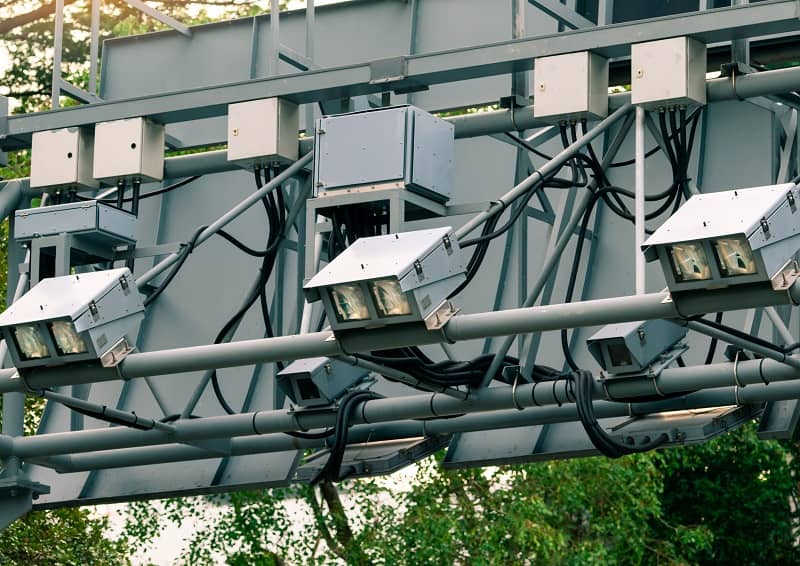March 24, 2011
Co-Chair Cannon, Co-Chair Gilliam and members of the Committee, my name is Todd Wynn. I am Vice President and energy policy analyst of Cascade Policy Institute, a non-partisan, non-profit public policy research organization based in Portland. Our mission is to promote policies that enhance individual liberty, personal responsibility and economic opportunity in Oregon.
I am here to testify today in support of House Bill 2992.
Economic Costs of Not Classifying Hydro as Renewable
In 2007, legislators passed Senate Bill 838 which established the Renewable Portfolio Standard (RPS). This legislation forces the major utilities to procure 25% of their electricity from renewable energy by 2025. The bill established a narrow definition of renewable energy which specifically excludes the vast majority of energy produced from Oregon’s hydroelectric system.
Cascade Policy Institute’s recently released economic analysis, The Economic Impact of Oregon’s Renewable Portfolio Standard, shows that the RPS with the current strict definition of renewable energy will lead to significant negative economic consequences as only more expensive and intermittent sources of energy qualify[1]:
Over the period of 2015 to 2025, the mandate will cost Oregonians an additional $6.811 billion over conventional power within a range of $4.009 billion and $9.310 billion.
In 2025, the mandates will cost families an average of $247 per year, commercial businesses an average of $1,394 per year and industrial businesses an average of $11,585 per year.
By 2025 the Oregon economy will lose an average of 17,530 jobs, within a range of between 10,025 jobs under the low-cost scenario and 24,630 jobs under the high-cost scenario.
Due to higher home energy costs, in 2025, annual real disposable income will fall by $170 million, within a range of $101 million and $230 million.
Oregon is One of the Nation’s Leaders in Clean Energy Generation
Oregon is ranked 48th out of 50 states in the amount of carbon dioxide and nitrogen oxide produced per unit of electricity generated. The state is also 46th in the amount of sulfur dioxide per unit of electricity generated. This is mainly due to Oregon’s high use of hydroelectricity.[2]
| Emissions (thousand metric tons) | Rank out of U.S. States | |
| Sulfur Dioxide | 11 | 44 |
| Nitrogen Oxide | 12 | 43 |
| Carbon Dioxide | 7,088 | 42 |
| Sulfur Dioxide (lbs/MWh) | 0.5 | 46 |
| Nitrogen Oxide (lbs/MWh) | 0.5 | 48 |
| Carbon Dioxide (lbs/MWh) | 293 | 48 |
The Energy Information Administration currently considers hydroelectricity to be a renewable energy source. When hydroelectricity is defined as renewable energy, Oregon is third out of the entire nation in capacity and generation of renewable energy, generating more than 60% of its energy from renewables.
In contrast, for the nation as a whole, renewable sources supply approximately eight percent of total electric power generation.[3]
Conclusion
Establishing a strict politically motivated definition for renewable energy does not acknowledge the vast amount of clean electricity that the state is producing and using.
Excluding hydroelectricity from the RPS will also cause significant negative economic impacts on the state’s economy as utilities are forced to increase their percentage of expensive and unreliable sources of energy.
It is best to establish a realistic definition of renewable energy, finally acknowledge our clean energy production and begin reforming a forceful and unrealistic push for expensive renewable energy sources.
[1] The Economic Impact of Oregon’s Renewable Portfolio Standard, Cascade Policy Institute. March 10, 2011. Available at https://cascadepolicy.org/news/2011/03/10/new-study-forcing-oregonians-to-purchase-renewable-energy-proves-costly/
[2] Energy Information Administration 2008. Statistics are for 2006.
[3] Energy Information Administration.











